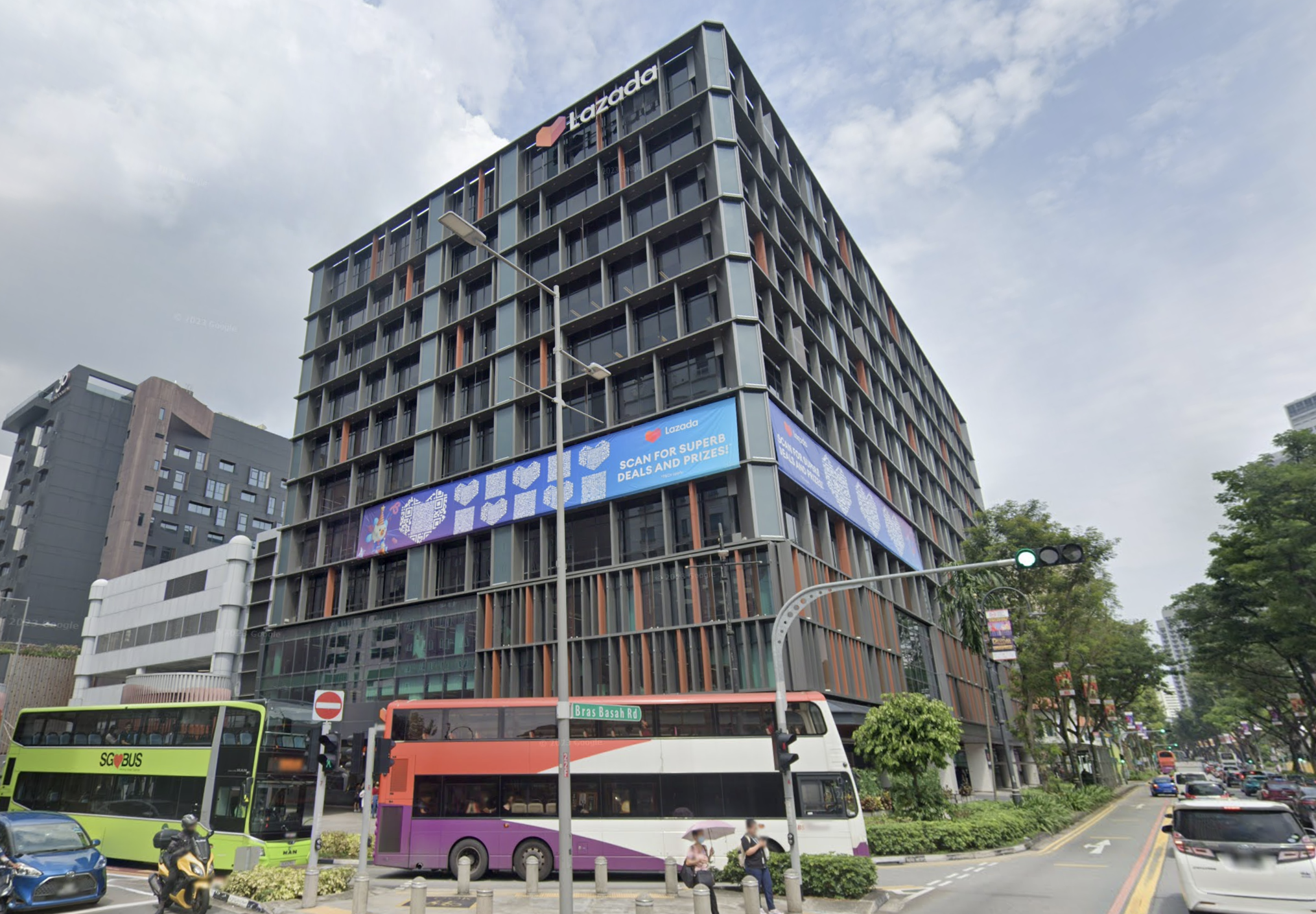Lazada’s abrupt layoffs have set the internet alight. The headline from ChannelNewsAsia, “Sudden layoffs at Lazada left people crying, baffled, say employees,” has stirred considerable commotion and evoked strong emotions among those affected.
I understand the uproar this has caused. Firstly, conducting layoffs in the first week of the year is insensitive. Regardless of the intentions, it’s unlikely to be well-received. People may have set new resolutions or career goals, only to have them shattered by these layoffs. This is undoubtedly distressing.
Furthermore, Lazada’s performance has been robust, though exact figures are undisclosed. Alibaba’s (Lazada’s parent) report on its international e-commerce division, Alibaba International Digital Commerce Group, indicates a 53% year-over-year growth in the last quarter, outpacing all other business segments.

This division includes other e-commerce platforms, such as Trendyol, which has also seen success. Notably, Alibaba reported that Lazada’s revenue grew by a double-digit percentage.
Given this positive business trajectory, the decision to lay off employees is perplexing but here’s what I think.
Firstly, the competition in Southeast Asia’s e-commerce sector is intensifying. In the past, Lazada primarily contended with Shopee. However, new entrants like TikTok Shop and Temu (backed by Pinduoduo) are now making significant inroads. Jack Ma, the founder of Alibaba, acknowledged this threat. He praised Pinduoduo for its effective strategy at an Alibaba internal forum and urged his staff to learn and adapt.
Pinduoduo has surpassed Alibaba in market capitalization.

In the last quarter, Pinduoduo achieved a remarkable 94% year-over-year revenue growth, compared to Alibaba’s combined domestic and international e-commerce growth of only 11%. Although Alibaba is larger and more established, generating RMB 120 billion in e-commerce revenue, Pinduoduo’s RMB 69 billion revenue represents a growth rate nine times faster, now accounting for over half of Alibaba’s size.
Pinduoduo’s Temu, after finding success in the US and Europe, has entered the Philippines and Malaysia as its first two Southeast Asian markets. It plans to replicate its successful international strategy in Southeast Asia.
Regarding TikTok Shop, its recent combination with Tokopedia signifies a significant market shift. Their combined e-commerce market share in Southeast Asia has reached 28.1%, surpassing Lazada’s 17.5% share.

From a business standpoint, it’s apparent that Lazada cannot continue operating as it has. Restrategizing and restructuring, including layoffs, are crucial for maintaining the company’s relevance.
Secondly, Alibaba itself is undergoing significant changes.
In March 2023, Alibaba announced a major restructuring, dividing itself into six groups, each led by its own CEO. This was followed in September 2023 by Eddie Wu succeeding Daniel Zhang as the CEO of Alibaba Group and Cloud Intelligence. Furthermore, in December 2023, Eddie Wu replaced Trudy Dai, who had been appointed as the CEO of the China e-commerce group only in March. With such extensive changes at the top, a shift in Alibaba’s direction is unsurprising. These alterations will inevitably have trickle-down effects on Lazada, necessitating adjustments to align with the new strategic vision. This may include the layoffs.
Thirdly, unlike Shopee’s layoffs in 2022, Lazada had not undertaken significant workforce reductions until now. This delay could be interpreted as Lazada playing catch-up with industry trends and competitive pressures. In an effort to remain lean and agile, the company might be proactively restructuring to better confront the challenges posed by escalating competition.
Lazada has not given a straightforward answer, except in response to inquiries from The Straits Times. A Lazada spokesperson stated, “We are making proactive adjustments to transform our workforce, to better position ourselves for a more agile, streamlined way of working to meet future business needs.” This statement does seem indicative of restructuring to enhance competitiveness.
Ultimately, Lazada’s layoffs can be viewed as a proactive measure to optimize operations, enhance efficiency, and position the company for sustained growth amidst intensifying competition. Although the immediate impact on employees is undeniable, the long-term objective is to ensure Lazada’s relevance and competitive edge in the Southeast Asian market. This will be a challenging period for every player involved.

